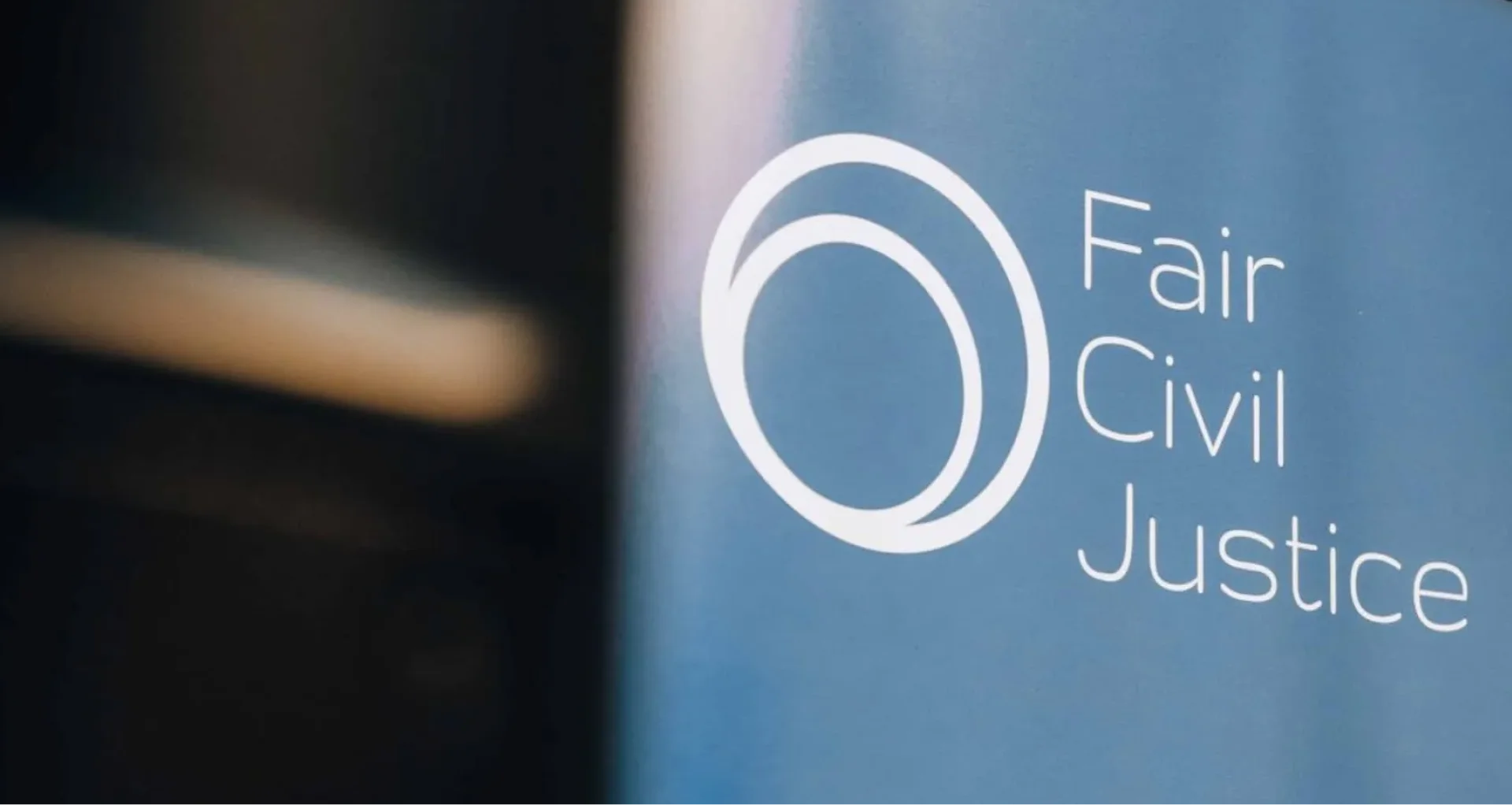As the UK’s leading campaign for fairer and faster methods of redress for British consumers, Fair Civil Justice has publicly supported the UK Government’s Arbitration Bill since it was announced in the King’s Speech last year.
The Bill (which intends to make targeted amendments to the Arbitration Act 1996), last week completed all its remaining stages through Parliament – meaning to all intents and purposes (save the formality of Royal Assent) it is now set to become an Act.
Why arbitration matters
Arbitration is an important method of resolving disputes. Unlike litigation, it is a private process that takes place behind closed doors with a neutral third-party arbitrator.
Arbitrators are tasked with resolving conflicts between parties and making a fair decision. Unlike litigation, arbitration is non-judicial, and the details of what was discussed or agreed upon are not made public.
The Bill is based on a recommendation from the Law Commission’s 2022 review, which called for reforms to arbitration law to strengthen Britain’s “world-leading domestic and international arbitration sector.” According to the Law Commission, England and Wales see at least 5,000 domestic and international arbitrations each year, generating £2.5 billion for the British economy in arbitration and legal fees alone.
An important alternative to predatory litigation
Beyond the economic benefits of the Bill, the government’s promotion of arbitration as an alternative to litigation is welcome, as it can often deliver timelier, more cost-effective routes to redress. Other alternatives include the use of ombudsman schemes and existing company complaints procedures, which can save consumers time and money.
As we have consistently highlighted over the last number of years, the UK has become a much more litigious market, with lawyers and litigation funders benefiting over consumers and businesses.
In the last decade alone, one category of class action lawsuits filed in our courts – those alleging breaches of competition law – have added up to more than 500m people. That is eight class action lawsuits for every person in the country.
We know that this rise in mass litigation has had an impact on the business environment. Nearly three quarters of corporates last year reported an increase in claims brought against their companies over the past five years, with three in five anticipating a further rise over the next 12 months.
Of course, litigation is an important part of the legal landscape, but we must ensure it is used proportionately and not does not become the first port of call when disputes arise.
This is why the passing of the Arbitration Bill matters, and why the government should continue to promote the message that litigation should only be used as a last resort.
About Seema Kennedy
Seema is the Executive Director of Fair Civil Justice. She began her career as a lawyer in the City of London before working in business and frontline politics. During her time as a Member of Parliament she served as a minister in the Department of Health and the Home Office, and also as Prime Minister Theresa May’s Parliamentary aide during the Brexit negotiations.
Fair Civil Justice is a campaign to level the playing field for British businesses and consumers from the growing threat of predatory litigation.
We do that by promoting alternatives to litigation which are faster and more effective in resolving disputes, as well as promoting clear rules for business to ensure that the onslaught of litigation is not damaging the long-term growth of the economy.
When going to court is the best course of action, we also argue for stronger safeguards in the process, to ensure that consumers keep more of the proceeds rather than lose the lion’s share to lawyers and litigation funders.


